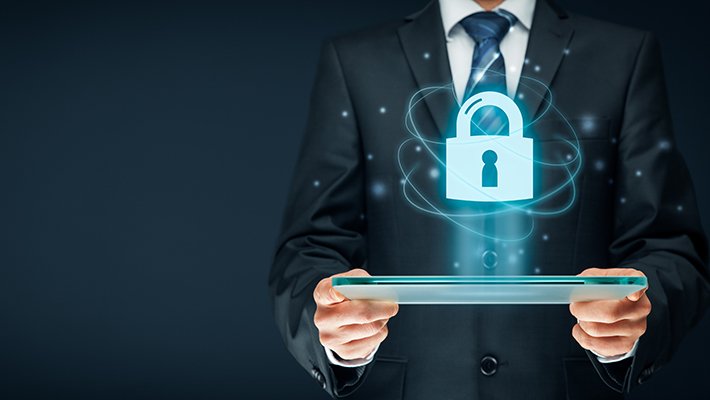Cybersecurity: Why It’s Important and How to Stay Safe Online

In today’s interconnected world, our reliance on technology is greater than ever. From online banking and shopping to social media and email, we are constantly connected to the internet. While this has brought many benefits, it has also created new vulnerabilities that can leave us exposed to cyber-attacks. Cybersecurity is the practice of protecting devices, networks, and data from unauthorized access, theft, or damage. In this article, we will discuss the importance of cybersecurity and provide tips on how to stay safe online.
Why is Cybersecurity Important?
The rapid pace of technological advancements has created new opportunities for cybercriminals to exploit vulnerabilities and access sensitive data. Cyber-attacks can range from stealing personal information and financial data to installing malware on devices or taking control of entire networks. The consequences of a cyber-attack can be severe, including financial loss, identity theft, and reputational damage. Therefore, it is essential to take steps to protect ourselves and our information online.
How to Stay Safe Online?
- Use Strong Passwords: One of the simplest but most effective ways to protect yourself online is by using strong passwords. A strong password should be at least 12 characters long and include a mix of upper and lower case letters, numbers, and symbols. It is also essential to use a different password for each account and avoid using personal information in your passwords.
- Keep Software Up to Date: Keeping your software up to date is crucial in protecting your devices from cyber threats. Software updates often contain security patches and fixes that address vulnerabilities that cybercriminals may exploit. It is important to ensure that all software on your devices, including operating systems and applications, is up to date.
- Use Two-Factor Authentication: Two-factor authentication provides an extra layer of security to your online accounts by requiring a second form of identification, such as a code sent to your phone, in addition to your password. This can prevent cybercriminals from accessing your accounts even if they have your password.
- Be Cautious of Phishing Scams: Phishing scams are a common tactic used by cybercriminals to trick people into giving away their personal information. Phishing scams often involve sending an email or message that appears to be from a trusted source, such as a bank or government agency, and asking for personal information. It is essential to be cautious of these scams and avoid clicking on links or downloading attachments from unknown sources.
- Back Up Your Data: Backing up your data is important in case of a cyber-attack or hardware failure. Regularly backing up your data to an external hard drive or cloud storage service can help protect your information in case of a data breach or other disaster.
In conclusion, cybersecurity is essential in protecting our devices, networks, and data from cyber-attacks. By following best practices, such as using strong passwords, keeping software up to date, and being cautious of phishing scams, we can help keep ourselves safe online. Remember, an ounce of prevention is worth a pound of cure, and taking steps to protect ourselves online is crucial in the digital age we live in.

